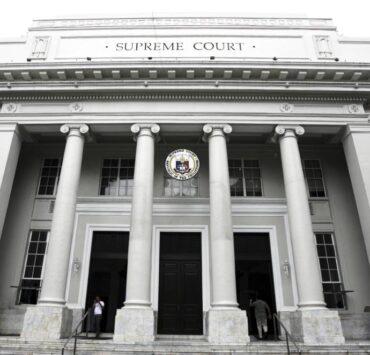‘Konektadong Pinoy’ law to bridge ‘digital divide’

The passage of the “Konektadong Pinoy” law will bridge the “digital divide,” according to Senate President Francis Escudero and Sen. Alan Peter Cayetano, who both highlighted the importance of fast and reliable internet service in accessing information.
The Open Access in Data Transmission Act, which lapsed into law on Sunday, allows new internet service providers to operate in the country without a legislative franchise and aims to streamline the licensing process and promote infrastructure sharing.
Its proponents said the law would boost competition in the telecom sector, leading to lower internet costs for businesses and households.
In a statement on Monday, Escudero described the law as a “giant step” in providing low-cost and reliable internet access to many areas, especially far-flung communities.
Benefits
“The Philippines has one of the highest internet connectivity costs in the world, considering the speeds it offers to consumers. But more than bringing down the rates, the Konektadong Pinoy Act is about providing greater access to information and markets to Filipinos who live far from the cities and in remote areas,” he said.
Cayetano, who sponsored the measure in the Senate, also welcomed the passage of the bill, emphasizing it would ensure that “all Filipinos have access to, and the use of, affordable, quality, and up-to-date information and communication technologies.”
He added that the law aims to prioritize establishing infrastructure near schools and offer students in private and public schools discounts in availing of internet services.
With this, he hopes that this law, along with other measures, would help build free Wi-Fi connectivity in schools.
“We honor these concepts to provide connectivity to those who need it the most. If all of these different laws work, we hope to have free WiFi in the schools to help the students,” he said in a separate statement.
Information and Communications Technology Secretary Henry Aguda earlier assured the public that the law would not compromise the country’s cybersecurity.
Consumer group Citizen Watch Philippines had urged President Marcos to veto the bill, noting that it would allow unvetted competitors, including potentially foreign-controlled entities, to operate in the country without oversight. It also raised concerns over “serious security vulnerabilities” and even a “national crisis situation.”

















Why I take the ICC probe personally